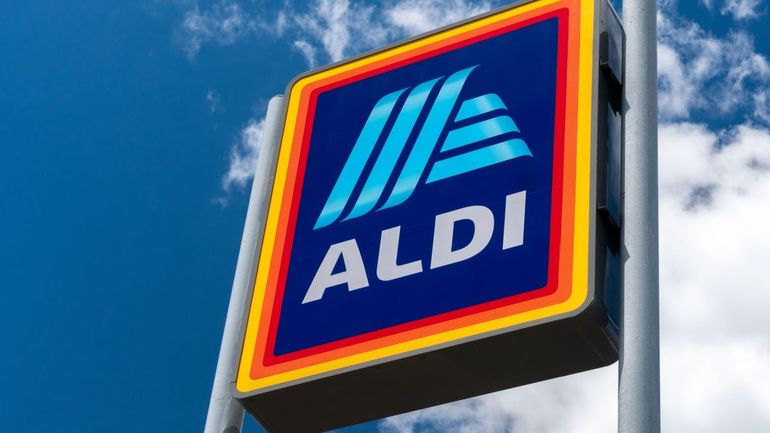
Aldi's Strategic Move to Enhance Price Promise Amid Sluggish Growth

Discover how Aldi plans to slash prices to unprecedented levels in 2024, aiming to revitalize growth amidst challenging market conditions.
Source: Shutterstock
Aldi is planning to reduce prices even more in 2024, amidst increasing competition among supermarkets to provide the best value for customers.
The supermarket has already put in £125m this year to lower prices on approximately 500 products, which is about a quarter of its total range and a third of its fresh fruits and vegetables selection.
The discounter is committed to increasing investment this year, aiming to surpass the £380m it spent on lowering prices in 2023.
This decision comes as Aldi's growth has begun to slow down. In recent years, Aldi has often outpaced its competitors in growth, which led to it surpassing Morrisons and becoming one of the UK's top four grocery retailers in 2022.
We are investing more than ever before in lowering prices.
Giles Hurley, Aldi
In the 12 weeks leading up to 17 March, Aldi saw a sales increase of just 3.1%, according to Kantar. This growth rate lags behind their competitor Lidl, who experienced a sales growth of 8.8%. Meanwhile, Tesco's sales grew by 5.8%, Sainsbury's by 6.7%, and Morrisons by 3.6%. However, Ocado was the fastest-growing supermarket last month with a growth rate of 9.5%.
Aldi UK chief executive Giles Hurley acknowledges that shoppers are feeling the financial strain due to the rising cost of living. He emphasizes Aldi's commitment to providing the lowest possible prices to help alleviate this pressure on consumers.
We are committed to reducing prices by investing more than ever before. Our goal is to ensure that grocery prices remain as low as possible for the millions of customers who choose to shop with us.
Aldi is frequently seen as the standard for low prices, prompting other supermarkets to adjust their prices to compete with the discounts offered by Aldi.
Both Sainsbury's and Tesco have attributed their increased sales to their Aldi Price Match initiatives. Sainsbury's saw its biggest market share growth in over ten years in December, thanks to its emphasis on both product quality and competitive pricing. Tesco also credited the success of its Christmas sales to the appealing value proposition of its Aldi Price Match.
Morrisons recently introduced a price match scheme in February, promising to match prices with Aldi and Lidl. Asda had already implemented a similar program a month prior. Meanwhile, Aldi is set to open 35 new stores in the UK this year.
Editor's P/S:
The grocery market is becoming increasingly competitive, with Aldi leading the charge in providing the best value for customers. Aldi's commitment to reducing prices even further in 2024 is a testament to its understanding of the financial challenges consumers are facing. By investing heavily in lowering prices, Aldi aims to alleviate the pressure on shoppers and maintain its position as the go-to destination for budget-conscious consumers.
Aldi's growth may have slowed down recently, but its focus on low prices continues to resonate with customers. The success of price-matching initiatives by other supermarkets highlights the importance of competitive pricing in attracting and retaining shoppers. As Aldi expands its store network and other retailers adopt similar strategies, the grocery sector is poised for a price war that will ultimately benefit consumers.











